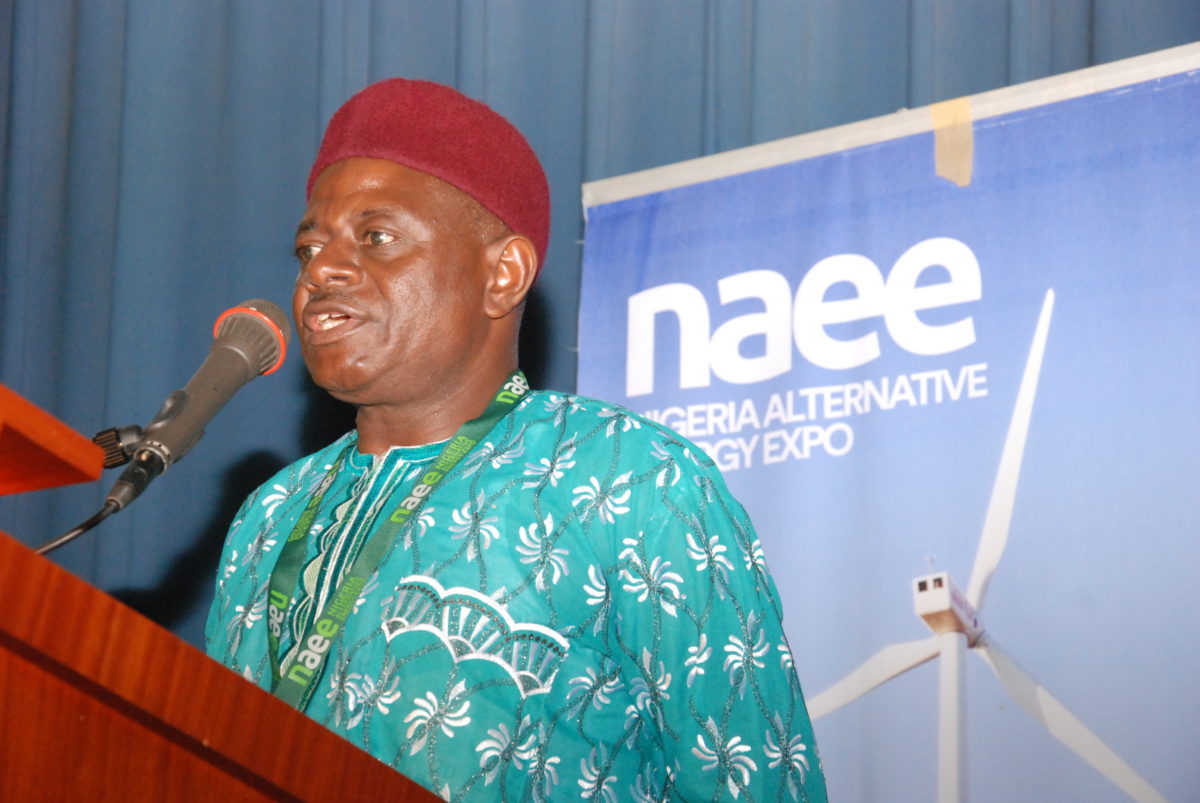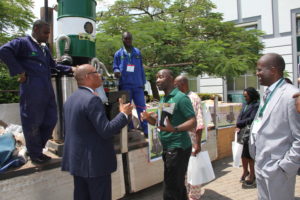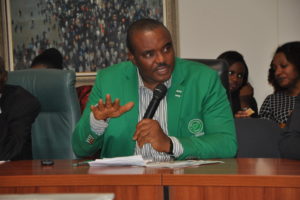The Department of Climate Change (DCC), Federal Ministry of Environment, and the United Nations Development Programmes (UNDP) convened a two-day conference educating stakeholders on government’s intended areas of funding via the Green Climate Fund (GCF).
Nigeria’s priority areas of project proposal funding include the Renewable Energy & Energy Efficiency and Coastal Resilience.
The GCF provisioned under the United Nations Framework Convention on Climate Change (UNFCCC) is aimed at promoting low-emissions and climate-resilient development pathways in developing countries by meeting additional costs of climate change related interventions through grants and concessionary financing.
Director of the DCC, Dr. Peter Tarfa, said Nigeria stands to benefit $300 to $400m worth of concessionary loan funding, of which 25 per cent will target in-country capacity building and feasibility study support.
He noted that a consortium has been saddled with the responsibility of producing a concept note, and to further fund selected project proposal for the purpose of implementing sustainable climate adaptation and mitigation projects in Nigeria.
Speaking at the event, Vice Chancellor of the American University of Medical Sciences, Nigeria, Professor Mobolaji Aluko, emphasized that the fund which requires the mandatory involvement of the private sector, focuses more on bankable projects rather than grants. “Selected projects will be structured such that there are commercial based. It is not a grant. The idea is that should the GCF seed funding end, involved stakeholders will want to continue their projects.”
However, Ajayi also assured that loans are long-term and with single digit interest rate.
Earlier Professor Aluko while noting the importance of financial institutions in the disbursement of the loans, argued that banks with green desks, that offer single digit interest rates no more than 5 per cent, stands a better chance of attracting green investors than the current trend of 25 per cent margin over a short period.
To better equip banks ahead of the project funding, Ajayi foresees building capacity of banks to ensure they can provide green funding for the private sector. “Once banks gain capacity in that area, they will easily detect the risks and benefits involved.”
Meantime, Ajayi noted that the authenticity of the accredited international entity UNDP collaborating with the DCC is proof to banks of the credibility to the project.



